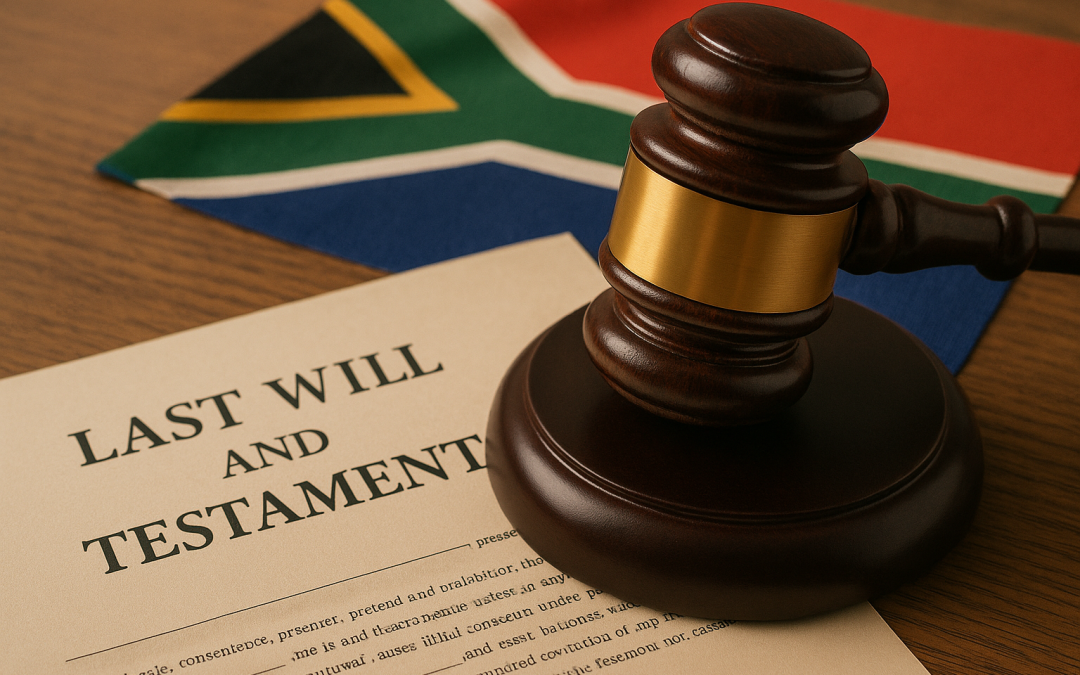Navigating Unfair Dismissal Claims A Guide for Employers : In South Africa, employee rights are well-protected by the Labour Relations Act (LRA) and the Basic Conditions of Employment Act, which aims to create fair treatment and improve the working environment for all workers. When an employee feels they have been unfairly dismissed, they have the right to challenge the dismissal through the Commission for Conciliation, Mediation, and Arbitration (CCMA), a Bargaining Council, or the Labour Court.
As an employer, defending an unfair dismissal claim can be challenging. It is crucial to understand the legal grounds for dismissal, the procedural requirements, and how to effectively present your defence should the matter reach the CCMA. This guide will help you navigate the complexities of labour law.
1. Understanding Unfair Dismissal
According to the Labour Relations Act (LRA), a dismissal can be deemed unfair in the following ways:
- Substantive fairness: The reason for dismissal is not justifiable, or the misconduct does not meet the legal standard required for dismissal.
- Procedural fairness: The correct dismissal procedure was not followed, such as failing to conduct a disciplinary hearing or not informing the employee of the charges.
In an unfair dismissal case, the burden of proof falls on the employer to show that both the reason for the dismissal and the process followed were fair.
2. Step 1: Early Preparation – Review the Case
The first step in defending an unfair dismissal claim is to carefully review the case. Focus on:
- The reason for the dismissal: Misconduct, capacity, or operational requirements (retrenchment).
- Documentation: Ensure all records, including warnings and performance reviews, are in order.
- Compliance with procedure: Verify whether proper disciplinary steps were followed.
3. Step 2: Attempt to Settle the Dispute Early (Conciliation)
Before arbitration or court proceedings, employers should attempt early dispute resolution through conciliation at the CCMA.
- A neutral CCMA commissioner facilitates a settlement discussion.
- Settling early avoids lengthy legal processes.
- If no agreement is reached, the case proceeds to arbitration or Labour Court.
4. Step 3: Defending the Claim at Arbitration
If conciliation fails, the case moves to arbitration. Employers should:
- Gather evidence such as disciplinary records and performance reviews.
- Call witnesses to support their case.
- Show compliance with company disciplinary procedures.
Proving Substantive Fairness
- Show that the employee violated company policies.
- Demonstrate that the dismissal was proportionate to the misconduct.
Proving Procedural Fairness
- Ensure a fair investigation was conducted.
- Verify that the employee was given notice and an opportunity to respond.
- Confirm that representation rights were respected.
5. Show the Absence of Alternative Sanctions
Employers must prove that dismissal was the only reasonable course of action, particularly in serious misconduct cases.
6. Step 4: Presenting Your Defence Effectively
- Stick to the key facts.
- Use legal representation if necessary.
- Cross-examine the employee to identify inconsistencies.
7. Step 5: Awaiting the Award and Review
The arbitrator will issue a ruling, which may order reinstatement or compensation if the dismissal is found unfair.
Employers can appeal an unfair ruling to the Labour Court under specific legal grounds.
8. Conclusion: Preventing Future Unfair Dismissal Claims
Employers should focus on:
- Developing clear, legally compliant policies.
- Training managers on disciplinary processes.
- Following consistent disciplinary procedures.
If you’re facing an unfair dismissal claim, seek professional legal advice from Vermeulen Attorneys.
FAQs
1. What is an unfair dismissal?
An unfair dismissal occurs when an employee is terminated without a valid reason or without following proper procedures.
2. What is the difference between a fair and unfair dismissal?
A fair dismissal must have both a valid reason and follow proper procedures, while an unfair dismissal lacks one or both of these.
3. How can an employer defend an unfair dismissal claim?
- Show a valid reason for dismissal.
- Prove procedural fairness.
- Demonstrate proportionality of the sanction.
4. What should an employer do before dismissing an employee?
- Document valid reasons for dismissal.
- Follow proper disciplinary procedures.
- Give the employee an opportunity to respond.
5. Can an employer dismiss an employee without a warning?
Yes, but only for serious misconduct. Minor infractions typically require prior warnings.
6. What is the role of a disciplinary hearing?
It ensures procedural fairness by allowing the employee to defend themselves before dismissal.
7. What if an employee refuses to attend a disciplinary hearing?
If properly notified, the hearing may proceed in their absence.
8. How does an employer prove a dismissal was fair?
- Provide evidence of misconduct or performance failure.
- Show proper disciplinary procedures were followed.
9. Can a dismissal be unfair if no appeal process was given?
While not required, an appeal process strengthens procedural fairness.
10. What happens if a dismissal is found unfair?
The employer may be ordered to reinstate the employee or pay compensation.
11. What evidence is needed to defend an unfair dismissal claim?
- Written warnings.
- Performance records.
- Disciplinary hearing minutes.
12. Can an employer dismiss an employee based on personal reasons?
No. Dismissals must be based on legitimate work-related reasons.
13. How can employers avoid unfair dismissal claims?
- Clearly communicate performance standards.
- Follow disciplinary procedures.
14. What should an employer do when facing an unfair dismissal claim?
- Seek legal advice.
- Gather all relevant evidence.
- Prepare for CCMA conciliation or arbitration.
Contact Vermeulen Attorneys today for expert assistance in unfair dismissal cases.












